Discover 10 soul-soothing books that feel like quiet therapy. These reads offer emotional healing, hope, and self-discovery for the mind and soul.
In an overwhelming world full of noise, deadlines, and emotional turbulence, some books offer more than just a good story—they offer healing. These are the books that sit with you in silence, hold your hand through grief, and whisper wisdom during your darkest hours. Like a form of quiet therapy, such books help us pause, reflect, and reconnect with our deepest selves. They are not just stories; they are companions, mirrors, and soft places to land when life feels too heavy. Whether fiction or nonfiction, these books gently guide us inward, reminding us that even in stillness, we are never truly alone. If you’re searching for peace, comfort, or emotional clarity, these soul-soothing books are a perfect place to begin.

From heartfelt memoirs and philosophical reflections to magical tales of second chances, each of these books explores the human condition with sensitivity and depth. Whether you’re going through a personal storm or just craving emotional warmth, these reads provide a sense of comfort, hope, and renewal.
we’ll explore ten deeply moving books—like Eat Pray Love, A Man Called Ove, The Midnight Library, and more—that soothe the soul and heal the mind. Let them be your companions on the journey inward.
1. Eat Pray Love by Elizabeth Gilbert
Eat Pray Love is a personal memoir about healing through travel, spirituality, and self-discovery. After a painful divorce and emotional breakdown, Elizabeth Gilbert sets out on a year-long journey across Italy, India, and Indonesia to reconnect with herself.
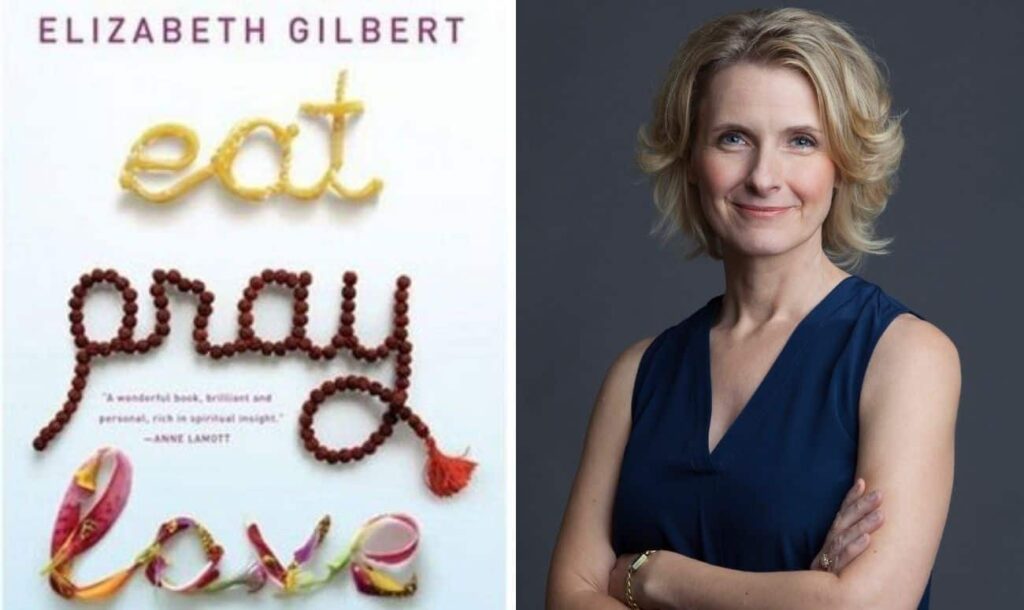
In Italy, she embraces the joy of eating, resting, and living without guilt. In India, she explores spiritual awakening through silence, discipline, and meditation. In Bali, she seeks balance between emotional independence and love.
The book reflects the emotional messiness of healing and shows how it’s okay to pause life and start over. Gilbert doesn’t pretend it’s easy, but she allows us to witness her struggle with honesty.
Its ultimate message is that it’s okay to choose yourself. Joy, peace, and love can be found if you’re willing to search for them—inside and out.
2. A Man Called Ove by Fredrik Backman
Ove is a lonely, grumpy old man who has lost the will to live after his beloved wife passes away. He appears bitter, strict, and uninterested in the world, but his heart still carries deep love and unprocessed grief.
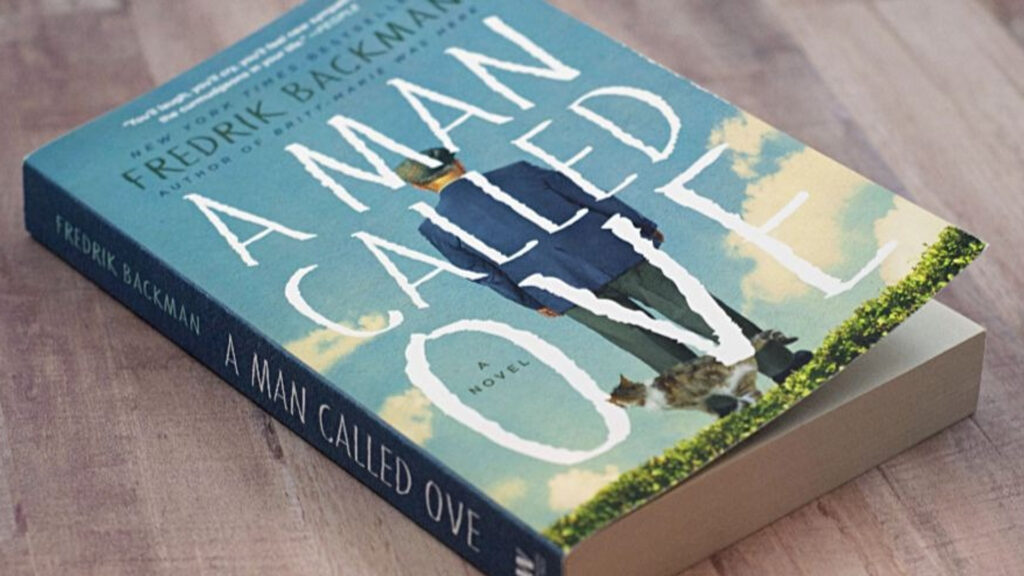
As new neighbors, a stray cat, and unexpected responsibilities enter his life, Ove finds himself involved again, reluctantly at first. His suicidal plans are repeatedly interrupted by acts of kindness and human connection.
Through Ove’s story, we discover how grief can harden someone, and how community, even from strangers, can soften those walls again. It’s not about fixing someone—it’s about showing up for them.
The book reminds us that compassion, patience, and belonging can reignite purpose in someone’s life—even when they’ve given up.
3. The Midnight Library by Matt Haig
Nora Seed is drowning in depression and regret when she decides to end her life. But instead of dying, she wakes up in a mystical library where each book represents a version of her life had she made a different choice.
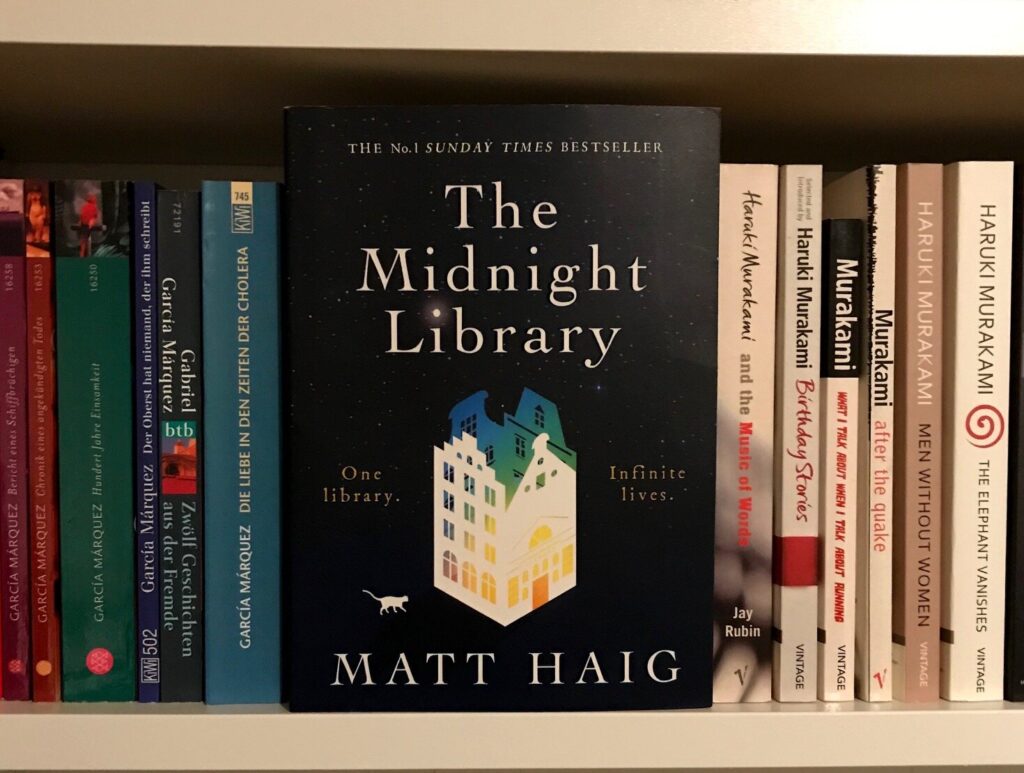
She explores various versions of herself—a rockstar, a mother, a swimmer, a business owner—only to find that no life is perfect. Each one comes with its own joys, pain, and disappointments.
The Midnight Library invites readers to reflect on the illusions of “what could have been.” It gently shows that regrets are often rooted in unrealistic expectations.
Its healing message is that the life you have now, imperfect as it may be, holds value and potential—if only you allow yourself to see it differently.
4. Man’s Search for Meaning by Viktor E. Frankl
Written by a Holocaust survivor and psychiatrist, Man’s Search for Meaning is one of the most profound explorations of human suffering and spiritual endurance. Viktor Frankl recounts his experiences in concentration camps, focusing not on the horror, but on what helped people survive.
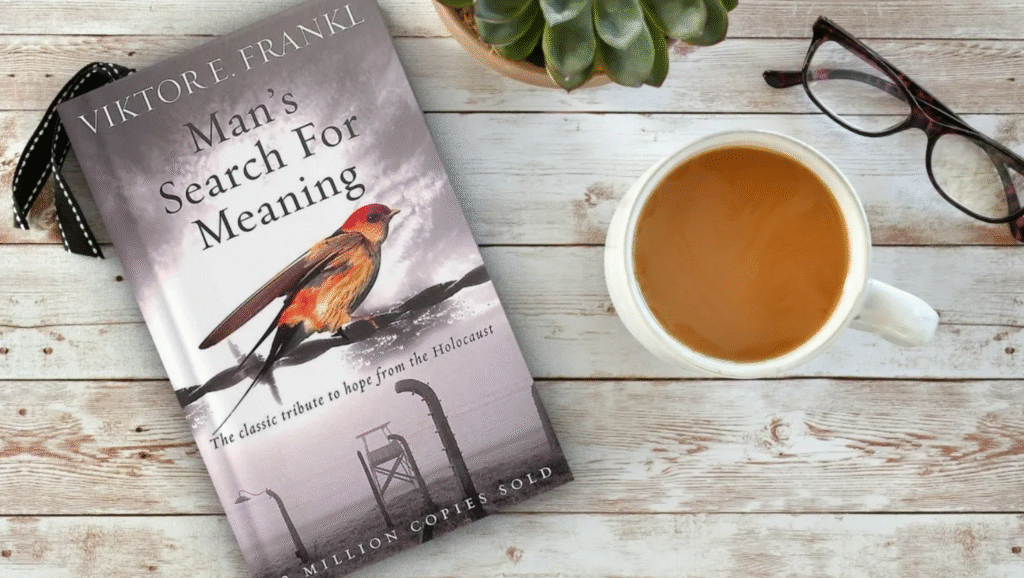
He realized that those who had a purpose, a reason to live—like a loved one or meaningful work—were more likely to endure suffering. He called this idea “logotherapy,” where the primary motivation in life is to find meaning.
Rather than offering false hope, Frankl offers dignity, reminding us that we may not control our circumstances, but we can always choose how we respond.
This book is deeply grounding. It tells us that even in the darkest moments, life can still hold purpose, and that purpose can save us.
5. Tuesdays with Morrie by Mitch Albom
This memoir tells the story of a dying professor, Morrie Schwartz, and his former student Mitch Albom, who visits him every Tuesday for one final lesson—on life, love, and death.
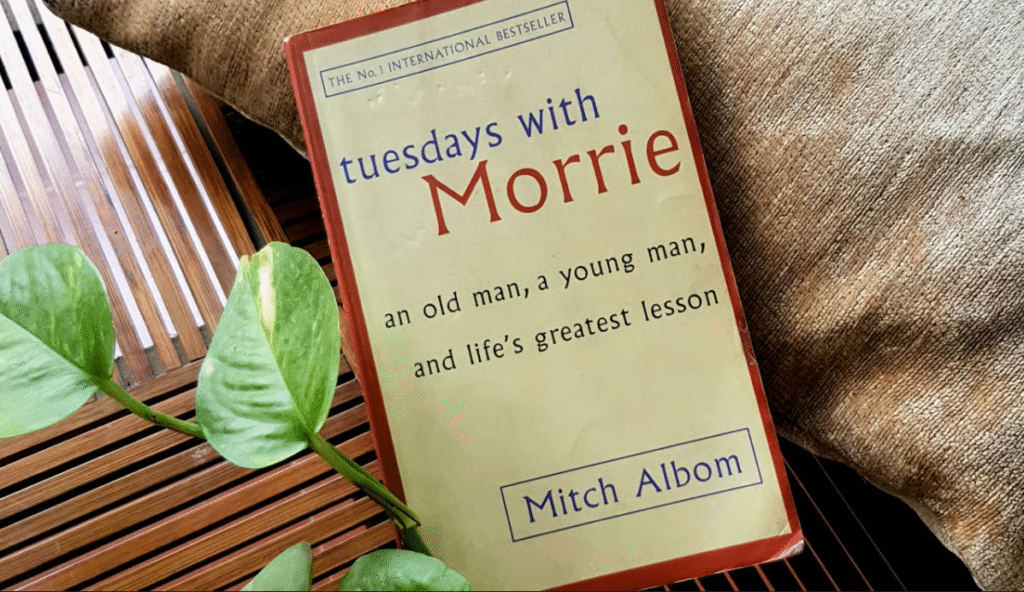
Each visit becomes a heartfelt discussion on big life topics: aging, forgiveness, regrets, happiness, and the importance of relationships. Morrie shares his wisdom with humor, grace, and openness, even while his body is slowly shutting down.
The book is filled with simple but powerful truths. Morrie doesn’t preach; he reflects. His outlook on dying makes the reader think deeply about how to live.
Its message is that life’s most important lessons aren’t about success or money—but about connection, presence, and love.
6. Days at the Morisaki Bookshop by Satoshi Yagisawa
This gentle novel tells the story of Takako, a young woman recovering from heartbreak who finds refuge in her uncle’s old bookstore in Tokyo. The dusty shelves and slow pace of life in the book district help her reconnect with herself.
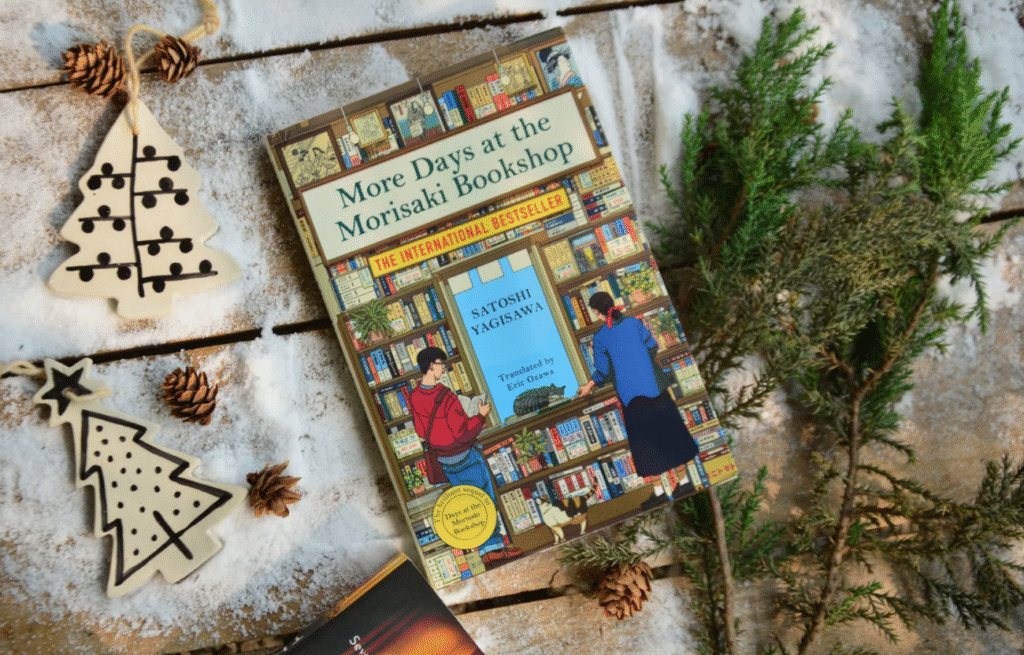
There is no drama or twist—just quiet healing through daily life, books, and occasional human connection. Through small moments, Takako learns that she doesn’t need to be in a rush to fix everything.
The book reminds us that peace doesn’t always come from big changes. Sometimes, just resting, reading, and allowing yourself to breathe is enough.
It’s a celebration of solitude, the magic of books, and the quiet power of time spent alone.
7. The Mountain Is You by Brianna Wiest
This self-help book focuses on a topic many people struggle with—self-sabotage. Brianna Wiest explains how emotional trauma, fear, and unconscious beliefs often cause us to hold ourselves back from the lives we want.
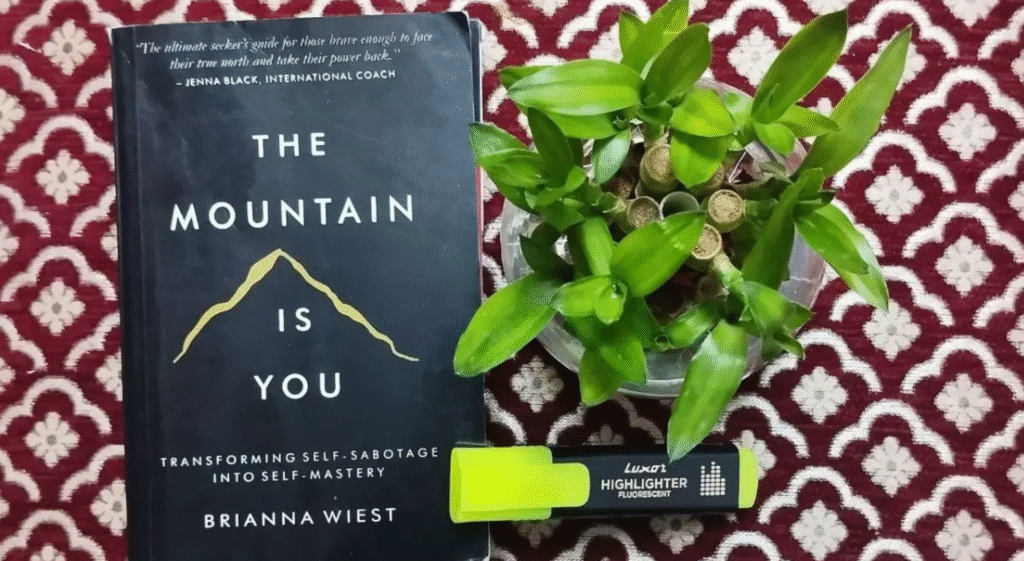
She uses beautiful metaphors, science-backed insight, and practical tools to help us understand that the “mountain” in front of us is often ourselves. But that also means we have the power to climb and conquer it.
Rather than blaming readers, the book offers compassion and clarity. It explains that healing is not about fixing yourself—it’s about understanding and loving yourself into transformation.
Its message is empowering: You are your biggest obstacle, but also your greatest potential.
8. Before the Coffee Gets Cold by Toshikazu Kawaguchi
In a quiet Tokyo café, visitors can travel back in time—but only under strict rules. They must sit in a specific chair and return before their coffee gets cold. They cannot change the future—only revisit a past moment.
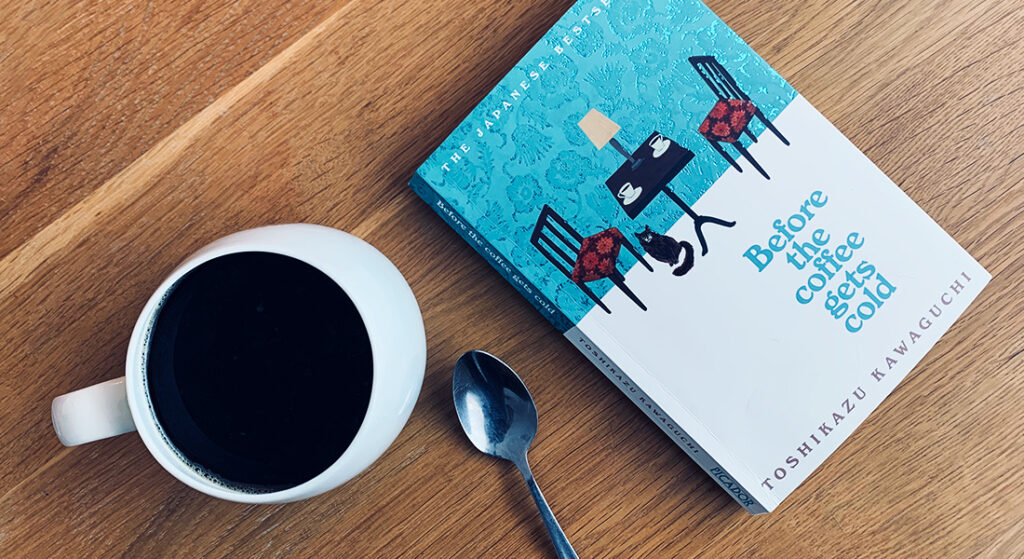
Each chapter tells the story of someone who wants to say goodbye, reconnect, or get closure. These aren’t dramatic tales—they are subtle, emotional, and deeply human.
The beauty lies in how the characters find peace—not by rewriting history, but by understanding it. They leave with clarity, gratitude, or a sense of emotional relief.
The book’s gentle message is that healing doesn’t always come from change—it can come from acceptance and presence.
9. When Things Don’t Go Your Way by Haemin Sunim
This collection of reflections by a Korean Zen monk is like a soft whisper in your mind during difficult days. Haemin Sunim doesn’t try to fix you—he simply reminds you to slow down, breathe, and be gentle with yourself. His book feels less like advice and more like comfort wrapped in words.
Unlike many self-help books, this one offers space instead of pressure, stillness instead of solutions. It’s a reminder that healing doesn’t always come from doing more—but from simply allowing yourself to be.
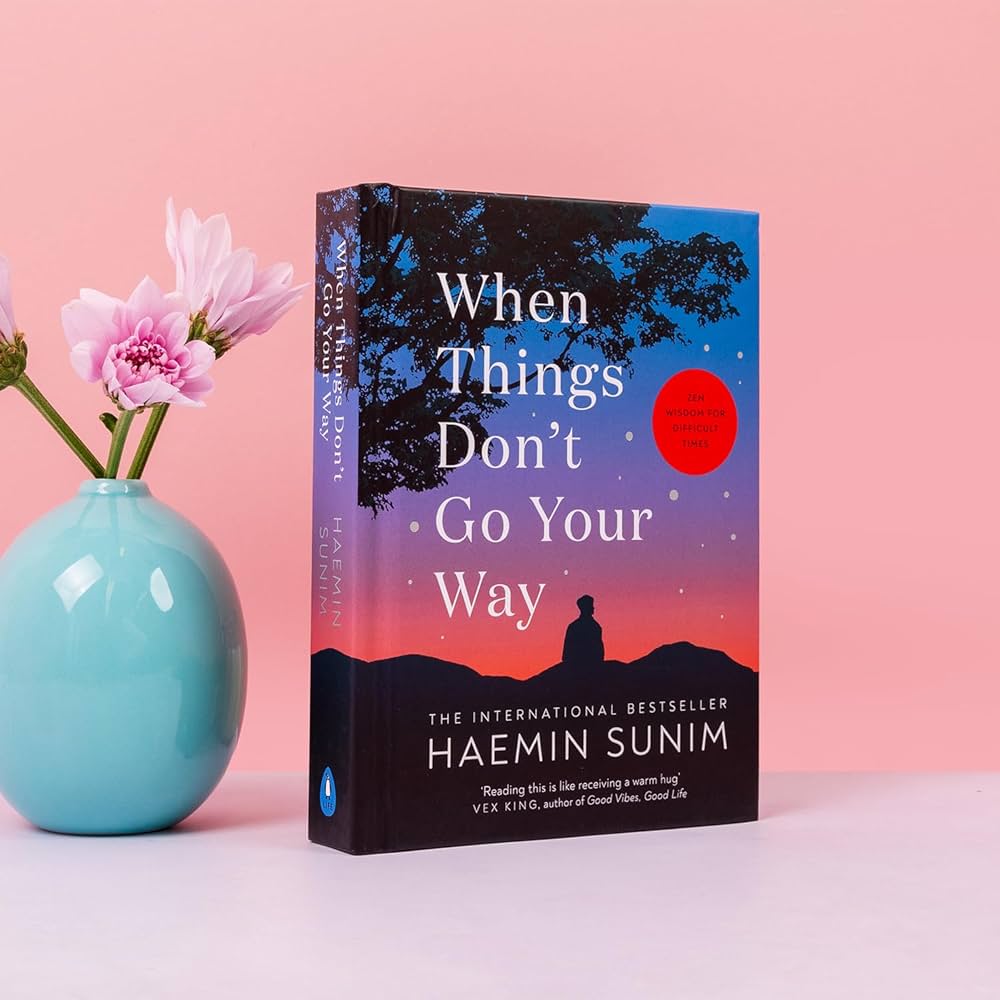
His writing is calm, clear, and compassionate. Whether you’re dealing with failure, anxiety, or sadness, his essays offer emotional rest and spiritual comfort.
Rather than rushing you into solutions, he invites you to sit with your emotions and trust that things will pass. There’s power in allowing yourself to feel, without judgment.
Its moral is beautifully simple: You don’t have to always be strong or okay. Softness is strength too.
10. The Power of Your Subconscious Mind by Dr. Joseph Murphy
This classic self-help book teaches that the thoughts you feed your mind shape your reality. Dr. Joseph Murphy explains how your subconscious mind responds to repeated affirmations and images—and how you can reprogram it to achieve peace, success, and healing.
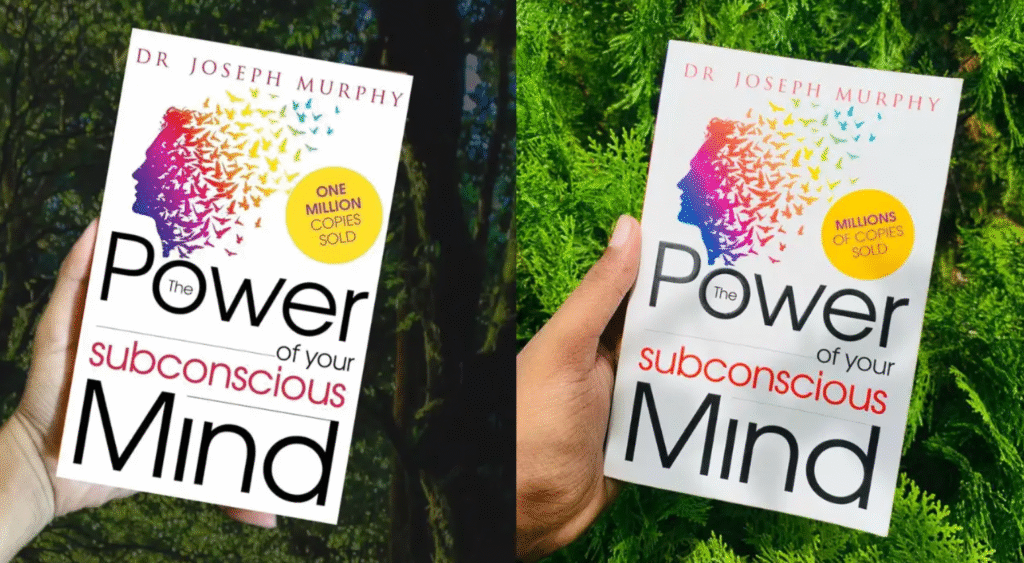
He gives examples of people who overcame illness, fear, and failure by consistently visualizing and affirming positive outcomes. While some examples are dated, the core idea remains powerful.
The book suggests that if you change your inner world, your outer world will follow. Your beliefs are not fixed—they can be rewritten.
Its message is hopeful: Your mind is your most powerful tool. Use it wisely, and your life can change.
Each of these books offers a different kind of healing—some through deep philosophy, others through quiet storytelling, and many through raw, emotional honesty. Whether it’s Nora Seed’s battle with regret in The Midnight Library, Ove’s grumpy journey back to love, or Gilbert’s spiritual awakening in Eat Pray Love, they all touch something universal in us: the desire to be whole.
Books can’t replace therapy, but they can guide, comfort, and inspire. They help us feel less alone, give shape to our emotions, and remind us that even in our messiness, we are still worthy of love and growth.
These therapeutic books create safe emotional spaces, allowing us to slow down and reconnect with ourselves. In their pages, we find wisdom, comfort, and often, the very clarity we were searching for.
So, the next time you feel lost, tired, or emotionally heavy, pick up one of these soul-soothing books. Let their words wash over you, and let the quiet strength of books carry you through.
Also Read :
Top 10 Universities in the World 2025: The Ultimate Global Ranking
McDonald’s Big Announcement: Here’s What’s Changing on the Menu After 50 Years

